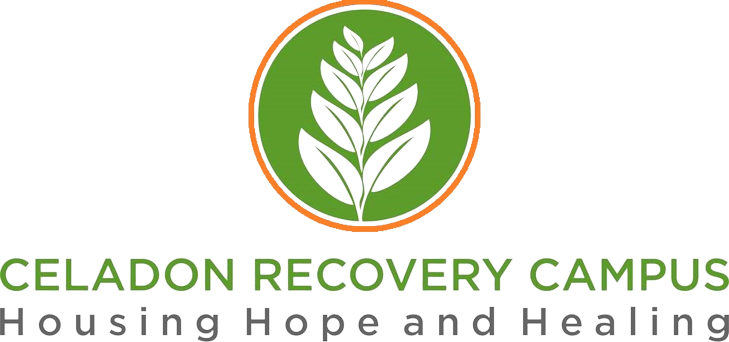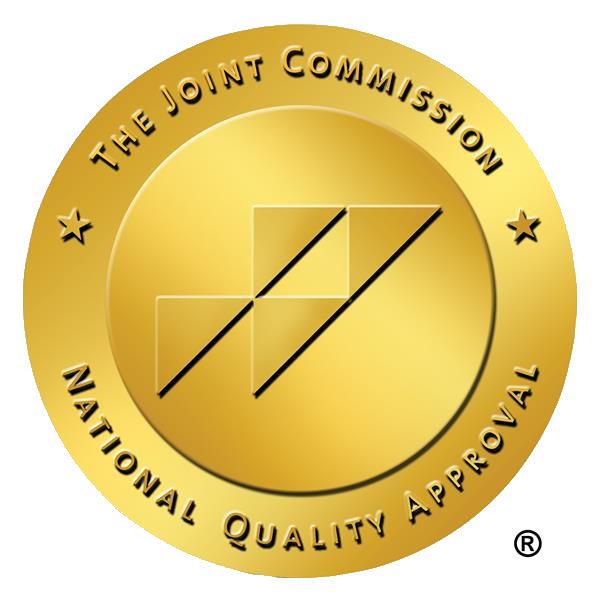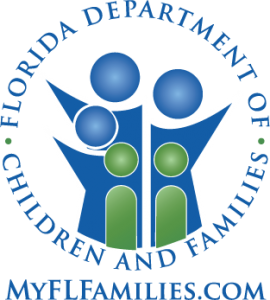Florida Drug Relapse Prevention
There’s no doubt about it- addiction is complex, and nobody is entirely immune from the risk of relapse.
Throughout your recovery, your mental health will likely ebb and flow based on life circumstances. In one moment, for example, you might be confident and convinced you’ll never relapse again. But a moment later, an intense craving may consume your every thought.
These fluctuations are normal when recovering from drug addiction. But they can still feel frightening and frustrating. In early recovery, it’s crucial to understand how relapse triggers might affect your emotional well-being. It’s also important to build your support system, identify risk factors, and look after your own needs. Let’s get into what you need to know.
How Alcohol and Drug Abuse Change the Brain
If you’ve ever felt like a physical relapse seems inevitable, you aren’t being dramatic. Research shows that chronic addiction literally affects the wiring of your brain.
Drug use interferes with how your neurons send and receive communication signals. Some drugs, like opioids or stimulants, continuously activate the brain’s reward system.
Even though you might experience an initial euphoria when you’re under the influence, chronic exposure eventually causes your brain to adapt and habituate to the drug’s presence. Over time, you become dependent on it to function- it can be hard to feel pleasure from anything else.
Furthermore, drug use impacts how the brain plans, prepares, and solves problems. As a result, some people struggle with “brain fog” or general themes of indecisiveness or poor impulse control in early recovery.
Understanding the Stages of Recovery
Change isn’t linear, but most people in addiction treatment transition through the following stages of change during their recovery process.
Precontemplation Stage
People in the precontemplation stage don’t feel ready for change yet. The thought of addiction treatment may seem daunting. They might downplay or deny their substance abuse, even if family members show concern.
Some people in this stage have attempted recovery before. But because they’ve relapsed in the past, they might believe change isn’t possible.
Contemplation Stage
People in the contemplation stage are more aware of the impact of their drug or alcohol use. They want to change, even if they aren’t exactly sure how.
They recognize the benefits of attending a treatment center, but they may still feel cautious or skeptical. At this point, they tend to be willing to try a formal substance abuse treatment program.
Preparation Stage
People in the preparation stage feel motivated and drawn to recovery. They may have already started taking some steps in the right direction. They show remorse and accountability for their drug abuse, and they want to maintain positive changes.
People in the preparation stage are usually in the beginning phases of substance abuse treatment. They may still experience withdrawal symptoms or cravings, but their mental acuity remains sharp and focused.
Action Stage
People in the action stage are “doing the work” of early recovery. They participate in therapy, seek support, and create proactive plans for managing high-risk situations.
The action stage isn’t without its hardships. People must confront their drug abuse and commit to moving forward with their recovery process, even if they feel ashamed or scared. But if they stay dedicated to the work, they can thrive.
Maintenance Stage
The maintenance stage refers to “maintaining” the work needed in recovery. This work carries from person to person, but it usually entails implementing healthy coping skills and adhering to a comprehensive treatment plan. Follow-up care is still important during this time, as people can still be at risk for relapse.
Recognizing Problematic Addictive Behaviors
Even in recovery, people may engage in concerning behaviors that mimic problems characteristic of drug or alcohol addiction. It’s important to be aware of these behaviors and how they may affect treatment outcomes.
Here are some of the common warning signs of relapse:
Codependency
Addiction often coincides with codependency. It can be hard for loved ones to set and implement clear boundaries. Subsequently, people in recovery may still struggle with communicating their needs or engaging in healthy relationships.
Codependency can look like:
relying on other people for money
failing to take personal responsibility for one’s actions
blaming other people for specific outcomes
guilting or harassing other people to meet their own needs
Perfectionism
Some people struggle with themes of perfectionism and control in early recovery. They might assume that they need to cope “perfectly” to have a successful treatment. If certain relapse prevention strategies don’t work, they may take it personally- or quit altogether.
It’s important to be mindful of how perfectionism impacts your recovery.
Glorifying Past Drug Use
One of the key warning signs of relapse is praising or glorifying past drug use. Someone might long for those old feelings- the way a person longs for an ex-partner.
If you notice yourself putting drugs on a pedestal, it’s time for a serious reflection. You’re at risk of jeopardizing your early recovery.
Associating With Old Friends
Getting sober doesn’t mean dumping your entire support system. But most people need to set clear boundaries with friends who continue abusing drugs or alcohol.
If you don’t make any changes, you will continue placing yourself in triggering situations. These relationships will likely exacerbate your cravings and continue normalizing drug and alcohol abuse. The combination of these factors can certainly lead to a relapse.
Isolating
Just like associating with old friends can be dangerous, isolation can be just as detrimental.
Peer support is a crucial component of recovery. When people isolate themselves, they withdraw from people who care about them. In a sense, they stop showing up for life.
If you’re isolating, take a step back to reexamine what might be going on. How’s your mental health right now? Are you falling into the stages of relapse?
Continuously Engaging in High-Risk Situations
Some triggering situations are inevitable when it comes to recovery. After all, it’s unrealistic to remain sheltered forever.
But emotional relapse often encompasses a sense of cockiness or denial. People knowingly put themselves in risky situations without weighing the consequences. They might assume they’re entirely capable of coping with potential stress.
In early recovery, this just isn’t accurate. You’re still vulnerable to intense mood swings, and transitioning from an inpatient setting can shock the system. You need to be kind to yourself and try to limit excess stress as much as possible.
Disregarding Aftercare
Dismissing aftercare or ongoing outpatient treatment can be a red flag when it comes to emotional relapse. Addiction treatment doesn’t end when you finish rehab. Success is an ongoing process, and relapse prevention requires staying active in your recovery.
Many people in early recovery benefit from being connected with their therapist, support group, or other like-minded peers. They also recognize that recovering from a substance use disorder takes time.
So denying the need for aftercare poses a risk of relapse. During this time, your mental health is still stabilizing. With that, you still need time to implement healthy coping skills and lean on their support system.
General Lack of Self-Care
Mental relapse happens long before someone first uses drugs or drinks alcohol again. Instead of following the relapse prevention plan, the person deviates from what they know they’re supposed to do.
Some of these changes are dramatic and obvious. If they were once active in Alcoholics Anonymous, for example, they may stop attending meetings. But other changes can be more subtle. They might sleep in later or stop taking their psychiatric medication or become more irritable with loved ones.
Drug Relapse Prevention in Florida
According to The National Institute on Drug Abuse, relapse rates hover between 40-60% nationwide. These statistics may seem frightening, but the right healthcare can make all the difference.
At Celadon Recovery, we recognize that addiction medicine is an evolving science. We pride ourselves on offering our clients top-notch, evidence-based interventions like cognitive-behavioral therapy, mindfulness meditation, ongoing peer support, and pharmacological options.
While the risk of relapse never disappears fully, we have helped countless people live meaningful and fulfilling lives. We truly believe you can embrace a lifelong recovery.
Our compassionate, expert-level clinicians are here to support you every step of the way. Don’t wait to get the help you need- contact us today to get started.









